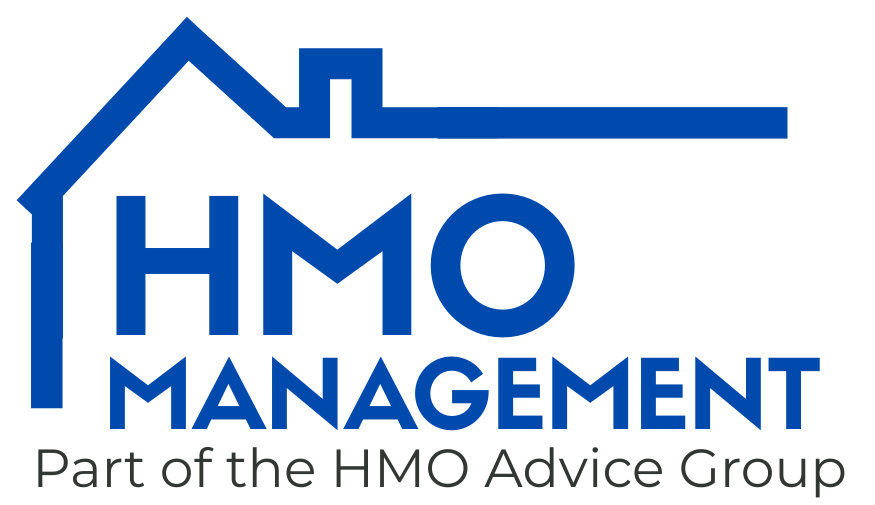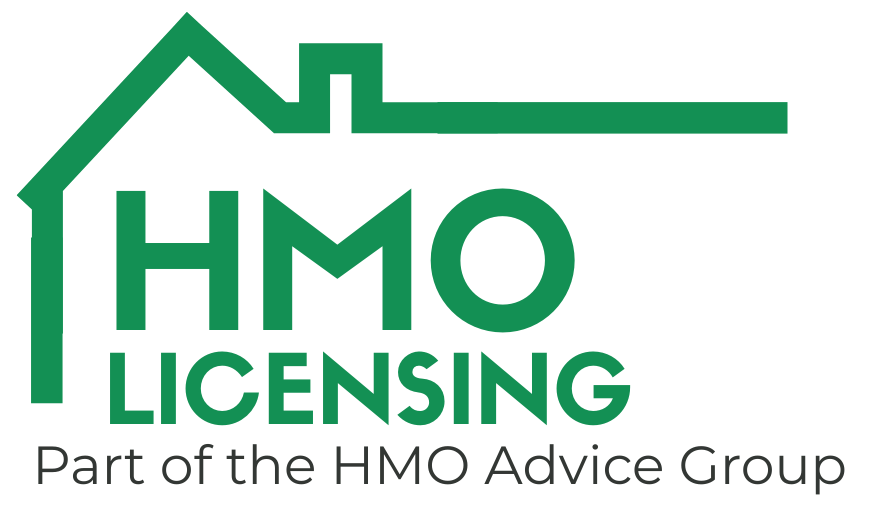HMO Licensing: Your Essential Guide to Compliance and Profit
At HMO Investment, we understand that robust regulatory compliance is the bedrock of any successful HMO portfolio. This is why we offer comprehensive HMO licensing services, ensuring your properties not only meet legal requirements but are also optimised for maximum profitability and peace of mind.
While obtaining an HMO licence is a crucial legal obligation, its value extends far beyond mere compliance. We believe that strategic licensing, combined with expert insights, can significantly enhance the long-term success of your property.
We help you go beyond simply fulfilling a requirement, ensuring your property is positioned for its full potential within the legal framework.
Compliant HMO Licensing
Understanding HMO Licensing
Navigating the various types of HMO licences is crucial for compliance. We guide you through each one, ensuring your property adheres to specific local and national regulations.
Mandatory HMO Licensing
This is a nationwide scheme that applies to all HMOs rented to five or more people forming two or more separate households, who share toilet, bathroom, or kitchen facilities. If your property meets these criteria, a Mandatory HMO Licence is legally required. This licence ensures minimum standards for property management, fire safety, and living conditions, safeguarding both your investment and your tenants.
Additional HMO Licensing
Many local councils have introduced Additional Licensing schemes. These typically apply to smaller HMOs that don’t fall under mandatory licensing, often those with three or four tenants sharing facilities. These schemes are specific to certain boroughs or areas and are implemented by councils to address local housing issues, focusing on improving management standards and safety in these smaller HMOs.
Selective Licensing
Distinct from HMO-specific licences, Selective Licensing schemes are implemented by local authorities in designated areas. These schemes require all private landlords (not just HMOs) to obtain a licence if their property is rented out in a specified area. Selective Licensing is typically introduced to tackle broader issues such as low housing demand, anti-social behaviour, or poor property conditions within a specific locale.
Seamless Licensing & Compliance with Our Expertise
The HMO licensing application process can be intricate and time-consuming. We take the entire burden off your shoulders, providing comprehensive, end-to-end assistance from initial submission right through to the successful granting of your HMO licence.
Our Comprehensive Licensing Package Includes:

Expert HMO Compliance Advice:
We meticulously check and measure all bedrooms, living rooms, communal spaces, kitchens, and bathrooms. We then provide precise advice on legal room sizes and the maximum number of tenants permissible for your specific HMO licence. You’ll receive a comprehensive report highlighting all critical factors and advising on any necessary modifications.
Integrated Fire Risk Assessment (FRA):
A Fire Risk Assessment is a legal obligation for all HMOs across the UK. Our service includes this vital assessment, saving you the typical cost and hassle of arranging it separately.
Tailored Fire Safety Recommendations:
Based on our detailed report and the FRA, we advise on all essential fire safety works, including fire doors, fire alarm systems (with exact specifications), and any other required fireproofing. We can also provide highly competitive, no-obligation quotes for these works.


Full Application Management:
We prepare and submit all necessary documentation on your behalf, acting as your primary point of contact with the local council. This includes handling communications, addressing queries, and guiding you through the “fit and proper person” criteria. We manage the representation period, reviewing proposed licence conditions and making informed representations to secure the most favourable terms for your property.
Essential Planning Permissions for Your HMO Investment
Beyond licensing, certain HMO developments also require specific planning permission. We provide expert assistance to navigate this complex area.
Article 4 Directions
In some areas, local councils have implemented Article 4 Directions. These remove certain “permitted development rights” that would otherwise allow conversion of a single dwelling into a small HMO (typically 3-6 tenants) without formal planning permission. If your property is in an Article 4 area, you will need to apply for planning permission for such conversions. We help you understand these local nuances and prepare robust applications.


Sui Generis (Large HMO) Planning Permission
If you intend to accommodate seven or more tenants in your HMO, the property’s use class changes to Sui Generis (meaning “in a class of its own”). This classification always requires a full planning application, regardless of whether it’s in an Article 4 area. These applications are generally more complex, requiring detailed assessments on factors like parking, amenity space, and potential impact on the local area. We conduct an Initial Planning Survey (IPS) to assess the viability of your project, potentially saving you thousands by avoiding applications for properties where planning permission is unlikely to be granted.
Ensure your HMO investment is fully compliant and optimised for success.
Contact us today to discuss your licensing and planning needs. Our experts will assess your property, discuss your investment goals, and provide a tailored plan to maximise your return on investment.




